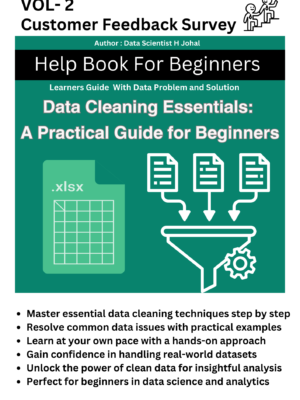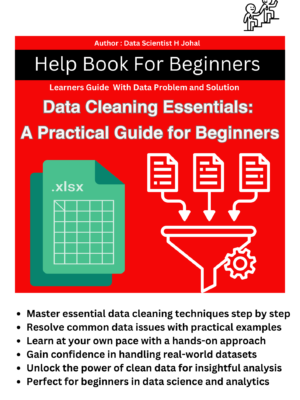Popularity Views : 670
Navigating the Niche: A Comprehensive Guide to Finding Success on Amazon KDP
Choosing the right niche is crucial to success as a self-published author. While there are many factors that contribute to success in a niche, there are a few key factors that are particularly important to keep in mind.
Amazon KDP, niche, self-publishing, success, competition, demand, quality, marketing, innovation.
First and foremost, demand is critical. You can write the most high-quality book on a niche topic, but if there’s no demand for it, you’re unlikely to see much success. So, how can you determine if there’s demand for your niche? One way is to do keyword research using tools like Google Keyword Planner or Amazon’s own search bar. Look for phrases and keywords related to your niche and see how many people are searching for them. You can also look at sales data for similar books in your niche to get a sense of how well they’re selling.
Another important factor is competition. If there’s already a lot of competition in your chosen niche, it can be challenging to stand out and gain traction. That said, a little competition can be a good thing — it shows that there’s already an audience for your niche. The key is to find ways to differentiate yourself from your competitors. This could mean writing on a sub-niche within your larger niche or focusing on a specific angle or theme that’s not being covered by other authors.
Quality is another critical factor in niche success. No matter how much demand there is for your niche or how little competition there may be, if your content isn’t high quality, it’s unlikely to succeed. So, what does “quality” mean in this context? It means writing in a way that’s engaging, informative, and well-researched. It means ensuring that your book is professionally edited and formatted. And it means providing value to your readers — whether that’s through sharing your own experiences and insights or providing them with actionable tips and strategies.
Marketing is also crucial to success in a niche. Even if you’ve written the best book in the world, if no one knows about it, it’s unlikely to sell. So, how can you market your book effectively? There are a few different strategies you can try. First, consider building an author platform — this could be a website, a blog, or a social media presence where you can connect with readers and promote your work. You can also use paid advertising, like Amazon Ads or Facebook Ads, to reach a wider audience. Finally, don’t overlook the power of email marketing — building an email list of interested readers can be a great way to promote your work and stay connected with your audience.
Finally, innovation is an often-overlooked factor in niche success. It’s important to stay ahead of the curve and be willing to adapt to changing market conditions. This could mean trying out new marketing strategies or experimenting with different types of content. It could also mean expanding your niche to include related topics or branching out into new niches altogether.
So, what does all of this look like in practice? Let’s take a look at a few examples:
Example 1: A self-help author who wants to write a book on productivity. They do some keyword research and find that there’s a high demand for productivity-related content. However, they also see that there’s a lot of competition in this niche. To differentiate themselves, they decide to focus on productivity for busy moms — a sub-niche within the larger productivity niche. They write a book that’s well-researched, engaging, and full of actionable tips and strategies. To market their book, they build an author website and social media presence, run Amazon Ads, and offer a free productivity guide to readers who sign up for their email list.
Example 2: A fiction author who wants to write a book in the cozy mystery genre. They do some research and find that cozy mysteries are a popular niche on Amazon KDP. However, they also see that there’s a lot of competition in this niche. To stand out, they decide to focus on a specific theme within the cozy mystery genre — for example, a series of books set in a small town that’s obsessed with a particular hobby or pastime. They write books that are well-plotted, with engaging characters and lots of humor. To market their books, they create a Facebook group for fans of their series, run Amazon Ads targeting cozy mystery readers, and offer a free short story to readers who sign up for their email list.
Example 3: A non-fiction author who wants to write a book on a niche topic like beekeeping. They do some research and find that there’s a moderate demand for beekeeping-related content. However, there’s not a lot of competition in this niche, which means there’s an opportunity to establish themselves as an authority. They write a book that’s well-researched and full of practical advice for new beekeepers. To market their book, they create a YouTube channel where they share videos of their own beekeeping experiences and answer common questions from viewers. They also reach out to beekeeping associations and blogs to see if they can guest post or do interviews.
Ultimately, success in a niche requires a combination of all these factors — demand, competition, quality, marketing, and innovation. By carefully selecting a niche, doing your research, and putting in the effort to create high-quality content and promote it effectively, you can increase your chances of success on Amazon KDP. Remember to stay flexible and willing to adapt as you go, and don’t be afraid to try new things or pivot your approach if something isn’t working. With persistence and hard work, you can establish yourself as a successful self-published author in your chosen niche.


















